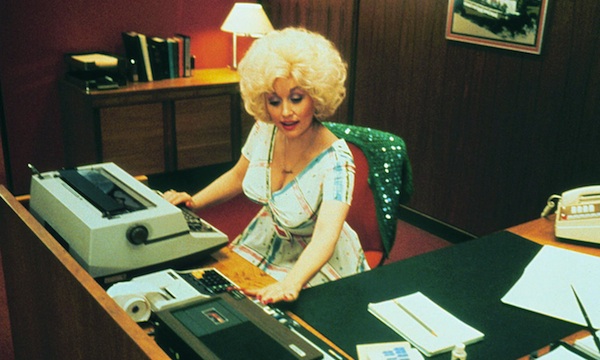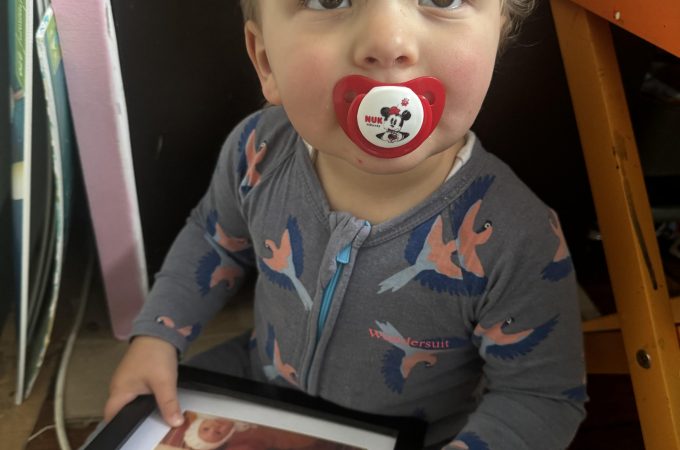
Work break-up
A couple of my friends have recently been through what I would dub a ‘work break-up’; when you leave a role in a distressing or unresolved way.
The psychological damage is profound. I have been through it and am currently seeing my mates go through it.
Why is it so upsetting? It comes down to two things: security and social exclusion.
Whether you’ve been bullied into resigning or you’ve had to go through a stressful period of arguing with your boss or HR before you head out the door, the fall-out can be months of depression, anxiety, self-doubt and anger.
Depression because you feel like there’s something wrong with you. Why couldn’t you make it work when others could? Anxiety because what if you don’t get another job? And if you do get another gig, what if it happens again?
There’s also the lurking fears around Impostor Syndrome. Maybe you were never good enough and your former team or employers simply recognised the truth?
Most of us have been in a shitty work situation where we’ve been treated unfairly, fired for reasons beyond our control or endured a square peg/round hole working environment.
Because of the financial aspects of work, losing your job presents a very real threat to your basic security. Can you pay your rent or mortgage? Can you afford food and healthcare? If not, it’s surprising how quickly you can go from being an independent working woman to a freaked out, wide-awake-all-night mess.
But there’s also the sense of social rejection. Even if you hated your employer or team, the fact that it hasn’t worked out with them can leave a bitter taste in your mouth. If you’re a people pleaser/empath, any kind of rejection affects your self-esteem because you want everyone to like you, even if you don’t like them.
Our society is geared towards success and achievement, pride and recognition. What doesn’t get widely or openly discussed is the fact that everyone runs into trouble at work and most of us have been fired at some point. It’s par for the course.
It’s easy to focus on our failures but you have to remember: have you succeeded more than you have failed? Have you had more good jobs than bad? The answer is usually yes.
You also have to ask yourself: what does work mean to you?
Is it about money? Education? Social connection? Experiences?
Assess your previous role based on this. Did it deliver anything worthwhile? If so, then it wasn’t a dead loss. You probably walked away with knowledge and contacts that you didn’t have before, even if it was the knowledge that you never want to see those people again.
There is no denying that satisfying work is at the heart of what makes us happy. We need work, in the same way we need love, hope and goals. It drives us forward and forces us to grow.
What we need to remember when it doesn’t work out is that part of growth can be getting drastically pruned back occasionally. It hurts but, given time, the new space will be filled with green shoots.






